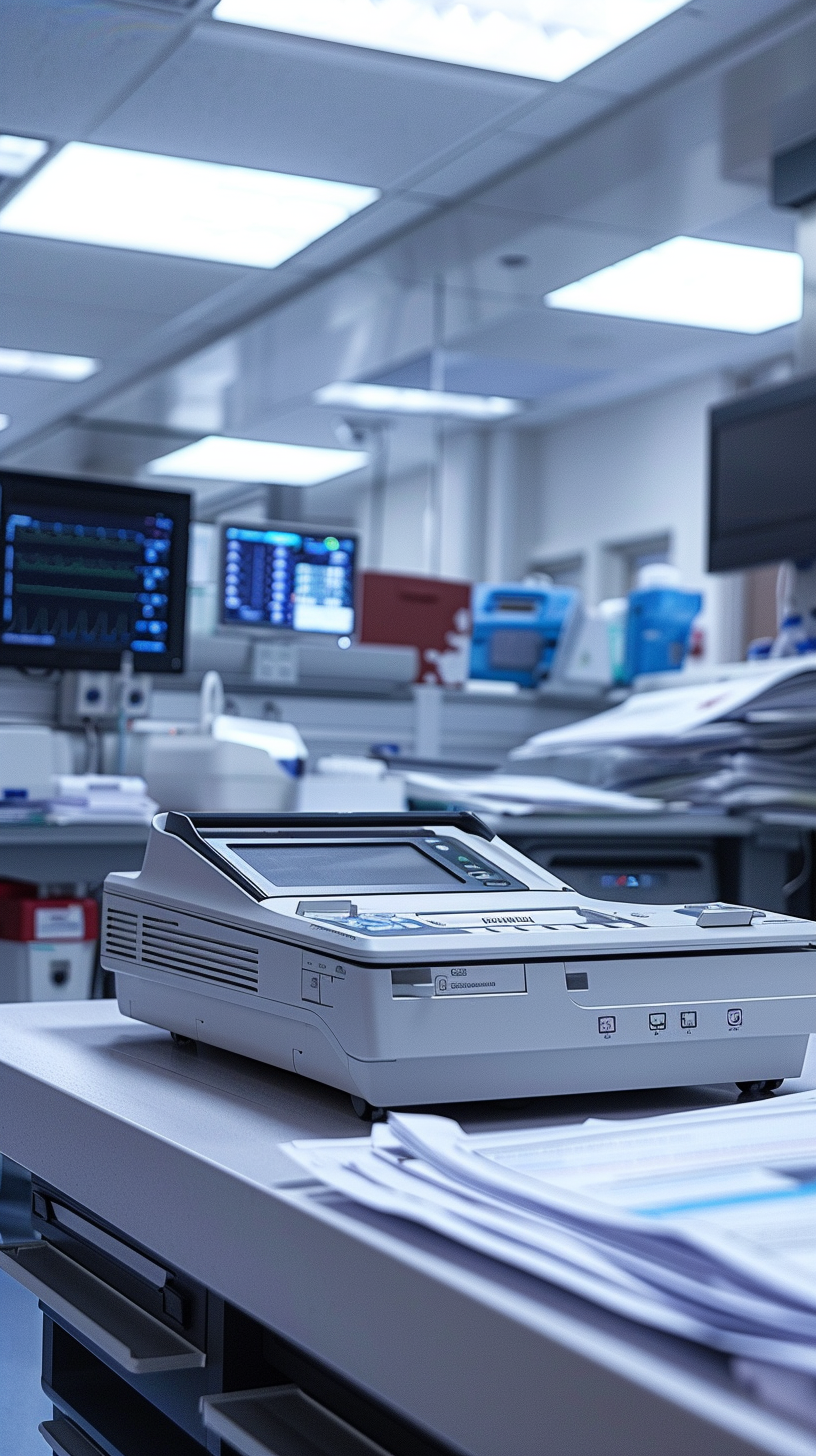Medical Document Scanning Services
The healthcare industry is increasingly embracing digitalization, with PROSCAN leading the charge through its Medical Document Scanning services. This transformation is essential for enhancing efficiency, security, and patient care by converting patient records and other medical documents into digital formats. PROSCAN's initiative not only aids in reducing physical storage clutter but also ensures easier access to patient information, aligning with regulatory compliance, improving data security, and promoting environmental sustainability by minimizing paper usage.

HIPAA, the Health Insurance Portability and Accountability Act, sets the standard for protecting sensitive patient data. Any company that deals with protected health information must ensure that all the required physical, network, and process security measures are in place and followed.
Scanned medical records can be integrated with existing EHR systems to ensure seamless access to patient information, enhancing the efficiency and accuracy of healthcare delivery.
Medical document scanning services ensure HIPAA compliance by employing secure data handling processes, including encryption, access controls, and regular security audits to protect patient information.
A wide range of documents can be scanned, including patient charts, lab results, and imaging reports, making information more accessible and reducing physical storage needs.
The process is secured with encryption, secure data transmission, and strict access controls to prevent unauthorized access to sensitive patient information.
Medical document scanning is the conversion of paper documents into digital format, improving accessibility, security, and compliance with healthcare regulations.
A medical record retention log tracks the duration records are kept, ensuring compliance with legal and regulatory requirements and helping manage digital storage efficiently.
Original paper documents may be securely stored, shredded, or returned to the provider, depending on legal requirements and client preferences.
The duration varies based on the volume of documents and the specifics of the project, but the aim is to complete scanning efficiently without compromising on quality.
The Health Information Technology for Economic and Clinical Health (HITECH) Act supports the development of healthcare technology, increasing the use of EHRs and enhancing privacy and security protections.
The required retention period for medical records varies by jurisdiction, but generally, medical facilities must keep records for a minimum of 7 to 10 years after the last patient service. Some types of records, like those for minors or specific medical conditions, may have longer retention requirements.
Documents of almost any size can be scanned, from small notes to large charts. Scanning services often have the capability to handle a wide range of document sizes, ensuring that all types of medical documents can be digitized effectively.
Yes, PROSCAN® is equipped to handle large-scale medical document scanning projects. Their services are designed to accommodate the needs of various healthcare facilities, ensuring that large volumes of documents can be digitized efficiently and securely, with a focus on maintaining the integrity and confidentiality of sensitive medical information.
To access your digitized medical records, typically, you would use a secure, web-based portal provided by the document scanning service. This portal requires users to authenticate their identity to ensure that only authorized individuals can access the sensitive medical information.







